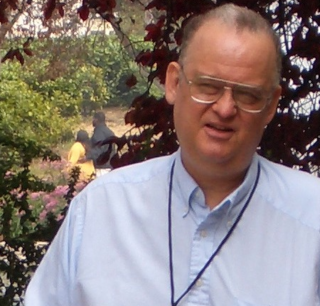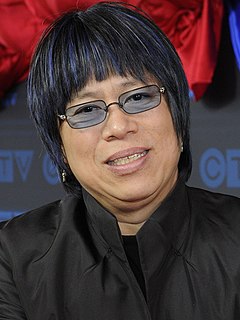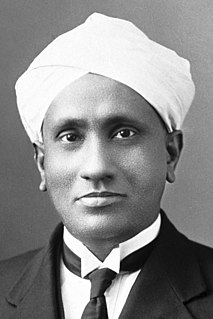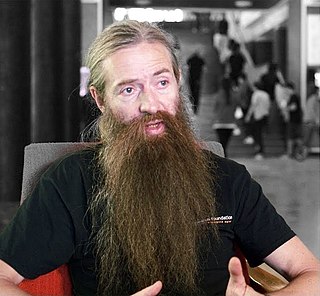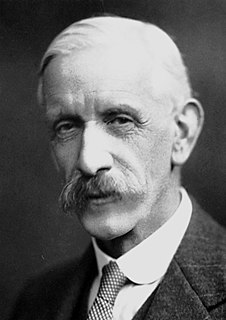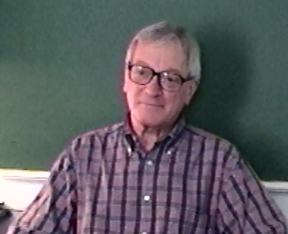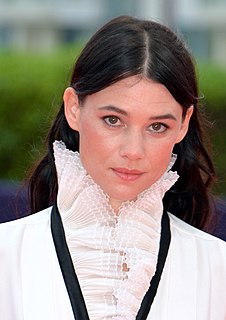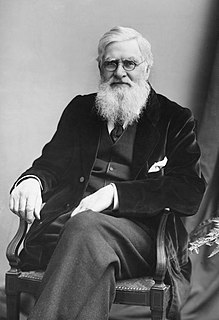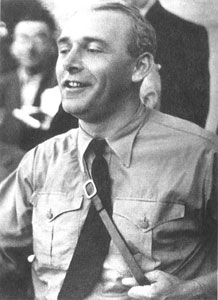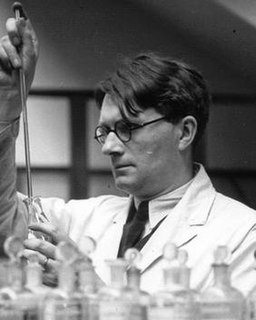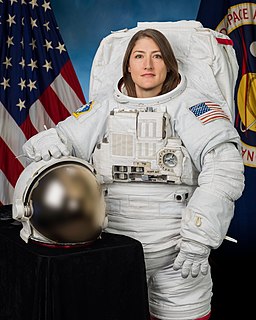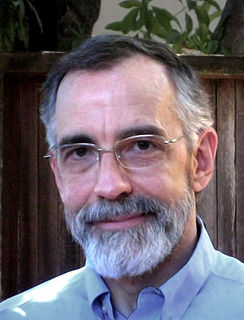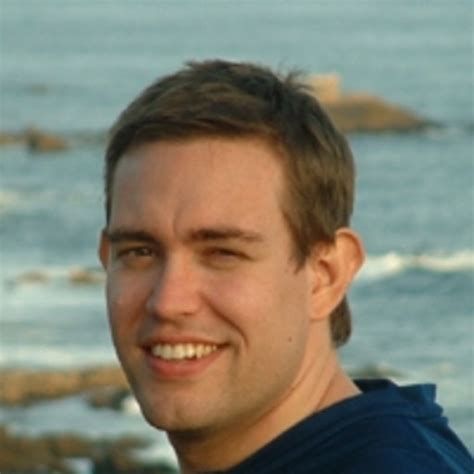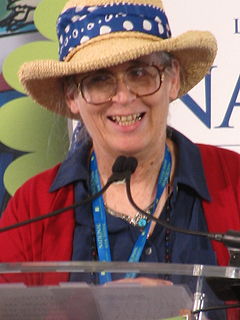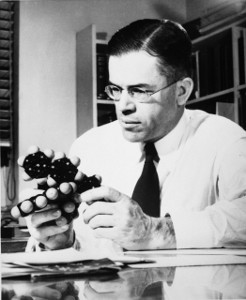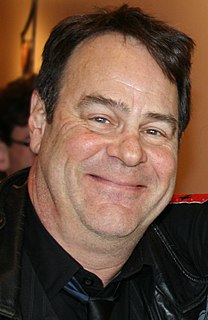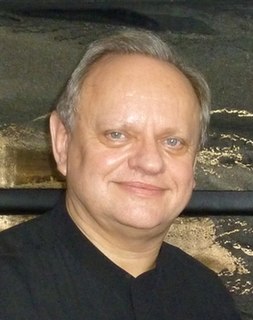Top 940 Molecular Biology Quotes & Sayings - Page 3
Explore popular Molecular Biology quotes.
Last updated on December 22, 2024.
It is an old saying, abundantly justified, that where sciences meet there growth occurs. It is true moreover to say that in scientific borderlands not only are facts gathered that [are] often new in kind, but it is in these regions that wholly new concepts arise. It is my own faith that just as the older biology from its faithful studies of external forms provided a new concept in the doctrine of evolution, so the new biology is yet fated to furnish entirely new fundamental concepts of science, at which physics and chemistry when concerned with the non-living alone could never arrive.
I think one of the both liberating and terrifying prospects from synthetic biology for example is that you are going to have all of these do it yourself biosynthetic labs where people are going to be playing with the software of life. We are going to have a new generation of artists that are going to be playing with genomes the way that Blake and Byron used to play with poetry. And when genomes are the new canvas for the artist, we might be able to radically upgrade the human species and the software of the biology of the human species.
Let's admit that feminism came from liberalism and it was very positive. But then it went dark. It went into a bad place. When feminism replaced biology with social construct, they started to say that everything about a human being was created by your environment or by your - by environmental cues as opposed to innate traits... Like you didn't achieve what you could get because it was your fault. They denied traits that are applied across all cultures. And that's where feminism went wrong is it denied biology and makes them look foolish.
Biology is a science of three dimensions. The first is the study of each species across all levels of biological organization, molecule to cell to organism to population to ecosystem. The second dimension is the diversity of all species in the biosphere. The third dimension is the history of each species in turn, comprising both its genetic evolution and the environmental change that drove the evolution. Biology, by growing in all three dimensions, is progressing toward unification and will continue to do so.
Biology occupies a position among the sciences at once marginal and central. Marginal because-the living world constituting but a tiny and very "special" part of the universe-it does not seem likely that the study of living beings will ever uncover general laws applicable outside the biosphere. But if the ultimate aim of the whole of science is indeed, as I believe, to clarify man's relationship to the universe, then biology must be accorded a central position . . .
I don't believe, for instance, that evolutionary biology or any scientific endeavor has much to say about love. I'm sure a lot can be learned about the importance of hormones and their effects on our feelings. But do the bleak implications of evolution have any impact on the love I feel for my family? Do they make me more likely to break the law of flaunt society's expectations of me? No. I simply does not follow that human relationships are meaningless just because we live in a godless universe subject to the natural laws of biology.
